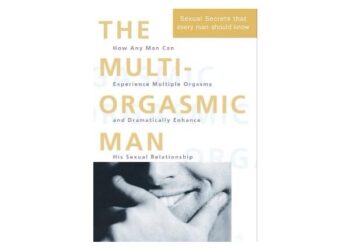As the Islamic holiday of Eid al-Adha approaches (anticipated to be observed from June 17-21, 2024, depending on the lunar calendar), millions of Muslims around the world are preparing for one of the most significant celebrations in their faith. This festival, also known as the “Festival of Sacrifice,” commemorates the willingness of Prophet Ibrahim (Abraham) to sacrifice his son in obedience to God’s command. At Alsett.com, we explore the profound meaning of Eid al-Adha, its roots in the story of Abraham, and related observances in Christianity and Judaism.
The Story of Abraham and Eid al-Adha
The story of Eid al-Adha is rooted in the Quranic account of Ibrahim, who was tested by God with the command to sacrifice his son. According to Islamic tradition, as Ibrahim was about to carry out the command, God intervened and provided a ram to sacrifice instead. This act of devotion and obedience is commemorated by Muslims worldwide through various rituals, including special prayers, communal feasts, and the sacrifice of an animal, typically a sheep, goat, or cow. The meat is then distributed among family, friends, and those in need, symbolizing the importance of charity and sharing.
Key Elements of Eid al-Adha:
- Prayer and Reflection: The day begins with special prayers at the mosque, followed by a sermon.
- Animal Sacrifice: The ritual sacrifice (Qurbani) is performed, and the meat is shared with the community, emphasizing generosity and care for the less fortunate.
- Feasting and Family Gatherings: Families come together to celebrate with festive meals, often featuring dishes made from the sacrificial meat.
- Charity: It is a time to give to those in need, reflecting the values of compassion and generosity.
Abraham in Christian and Jewish Traditions
The story of Abraham, known as Ibrahim in Islam, is also central to Christianity and Judaism, where he is revered as a patriarch and a model of faith. The events commemorated during Eid al-Adha have parallels in these Abrahamic faiths, though observed differently.
Christian Observance:
- Feast of the Sacrifice: While there is no direct equivalent to Eid al-Adha in Christianity, the story of Abraham’s willingness to sacrifice Isaac is significant in the Bible (Genesis 22). It is often reflected upon in sermons and religious teachings.
- Connection to Jesus: In Christian theology, Abraham’s faith is seen as a precursor to the ultimate sacrifice of Jesus Christ, who is believed to be the “Lamb of God” sacrificed for the sins of humanity.
Jewish Observance:
- Rosh Hashanah: The Jewish New Year, Rosh Hashanah, includes the reading of the Binding of Isaac (Akedah) from the Torah (Genesis 22). This story is central to the themes of faith, repentance, and redemption that characterize the High Holy Days.
- Yom Kippur: Known as the Day of Atonement, Yom Kippur involves themes of sacrifice, atonement, and seeking forgiveness, drawing connections to the narrative of Abraham’s test of faith.
Shared Themes and Values
Across these Abrahamic faiths, the story of Abraham and his test of faith underscores common values such as devotion to God, obedience, sacrifice, and compassion for others. These themes are reflected in the rituals and observances associated with Eid al-Adha, Rosh Hashanah, and Christian reflections on Abraham.
Conclusion
Eid al-Adha is a time of profound spiritual significance for Muslims, rooted in the ancient story of Abraham’s unwavering faith and obedience. As we observe this festival, we recognize the shared heritage and values that connect Islam, Christianity, and Judaism, celebrating the universal principles of faith, sacrifice, and charity.
At Alsett.com, we honor these rich traditions and the ways they bring communities together. Join us in learning more about these observances and the deeper meanings they hold for millions around the world.















